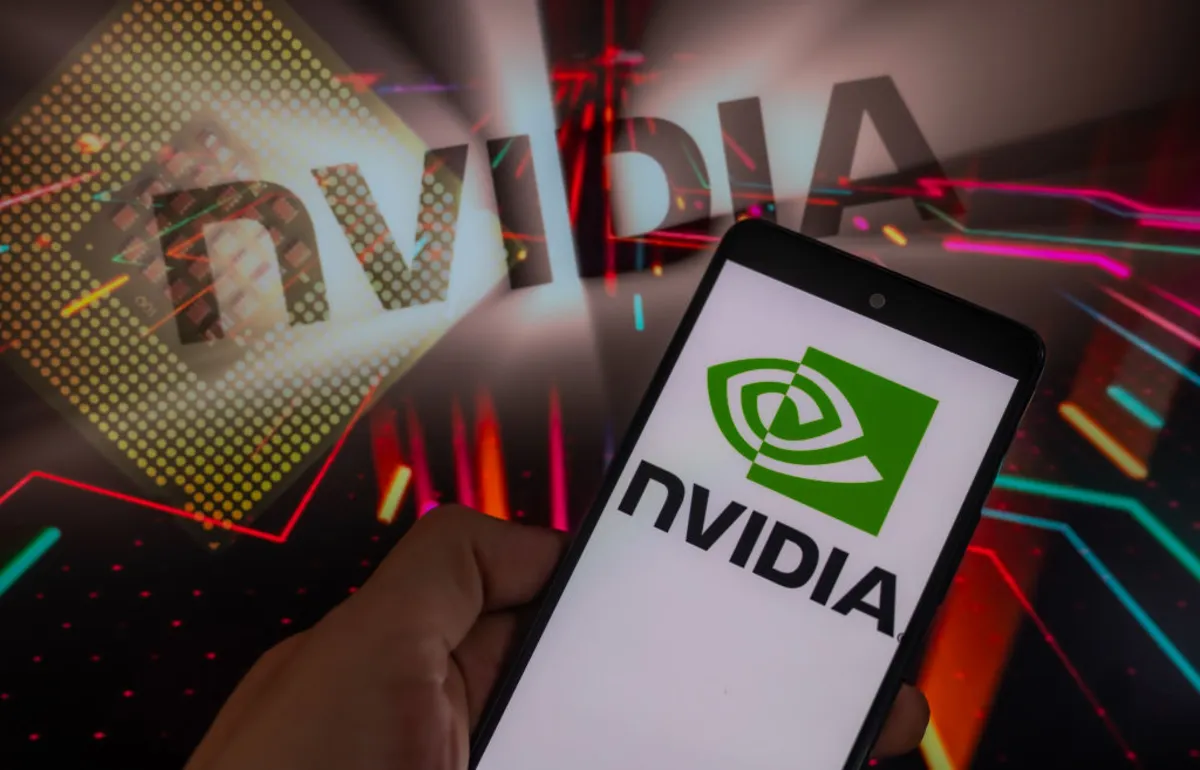
Nvidia's CEO, Jensen Huang, is making a significant visit to South Korea for the first time in fifteen years. His trip aims to unveil exciting new plans and strengthen collaborations with major South Korean tech giants, including Hyundai Motor, Samsung, SK Group, and Naver. This visit coincides with the APEC Summit 2025, where Nvidia and the South Korean government announced an expanded partnership aimed at enhancing the country's AI infrastructure and capabilities.
The collaboration comes shortly after the United States signed technology agreements with both Japan and South Korea, focusing on strategic ties and advancements in emerging technologies such as AI, semiconductors, quantum computing, biotech, and 6G. As part of this initiative, South Korea is set to acquire over 260,000 of Nvidia’s latest GPUs to meet the rising demands in AI technology. The South Korean government revealed that around 50,000 GPUs will be dedicated to public initiatives, which include developing domestic AI foundation models and establishing a national AI data center.
The remaining 200,000 GPUs will be allocated to major corporations like Samsung, SK Group, Hyundai Motor Group, and Naver. These companies will leverage the GPUs to drive innovations in AI-based manufacturing and develop industry-specific AI models.
In a groundbreaking move, Samsung announced its plan to construct an AI Megafactory in collaboration with Nvidia, which is designed to integrate AI into every aspect of semiconductor, mobile device, and robotics manufacturing. This facility will utilize more than 50,000 Nvidia GPUs and the Omniverse platform to create an intelligent network capable of real-time analysis, prediction, and optimization of production processes.
Moreover, Nvidia and Samsung, who have been partners for over 25 years, are working together on HBM4, a next-generation memory technology that aims to power future AI applications. The collaboration extends to three major Korean telecom operators—SK Telecom, KT, and LG Uplus—as well as the Electronics and Telecommunications Research Institute (ETRI), to co-develop an AI-RAN system. This system merges mobile base stations with AI to enhance performance and reduce battery consumption.
Hyundai is also partnering with Nvidia to further develop AI infrastructure and physical AI technologies, focusing on autonomous mobility, smart factories, and robotics. The partnership plans to utilize 50,000 NVIDIA Blackwell GPUs for comprehensive AI model training, validation, and deployment. Furthermore, the establishment of AI research centers in South Korea aims to reinforce the nation’s physical AI industry.
“AI is revolutionizing every facet of every industry," Huang stated. "In transportation alone—from vehicle design and manufacturing to robotics and autonomous driving—Nvidia’s AI and computing platforms are transforming how the world moves. Together with Hyundai Motor Group, we’re building intelligent cars and factories that will shape the future of the multitrillion-dollar mobility industry.”
SK Group, the parent company of SK Hynix, is joining forces with Nvidia to create Asia’s first enterprise-led manufacturing AI cloud. This initiative will leverage Nvidia’s simulation and digital twin platforms, providing access to government, public institutions, and local startups.
Additionally, Naver Cloud, the cloud division of the Korean search engine Naver, is collaborating with Nvidia to develop a next-generation Physical AI platform that bridges the physical and digital realms. This platform aims to deploy AI infrastructure across key industries such as semiconductors, shipbuilding, energy, and biotechnology, facilitating the adoption of optimized AI solutions tailored for real-world industrial contexts.
“Just as the automotive industry is transitioning to SDVs, the era of ‘Physical AI,’ where AI operates directly within real industrial sites and systems, is unfolding,” stated Hae-jin Lee, founder of Naver.
Nvidia’s collaborations with South Korea's tech giants—ranging from Samsung's AI network initiatives to Hyundai’s software-defined vehicles, SK Group’s industrial AI applications, and Naver’s cloud and AI services—illustrate a significant trend toward the integration of AI and hardware across various industries. These partnerships exemplify how global technology leaders are uniting to shape the next generation of intelligent systems, paving the way for an innovative future.